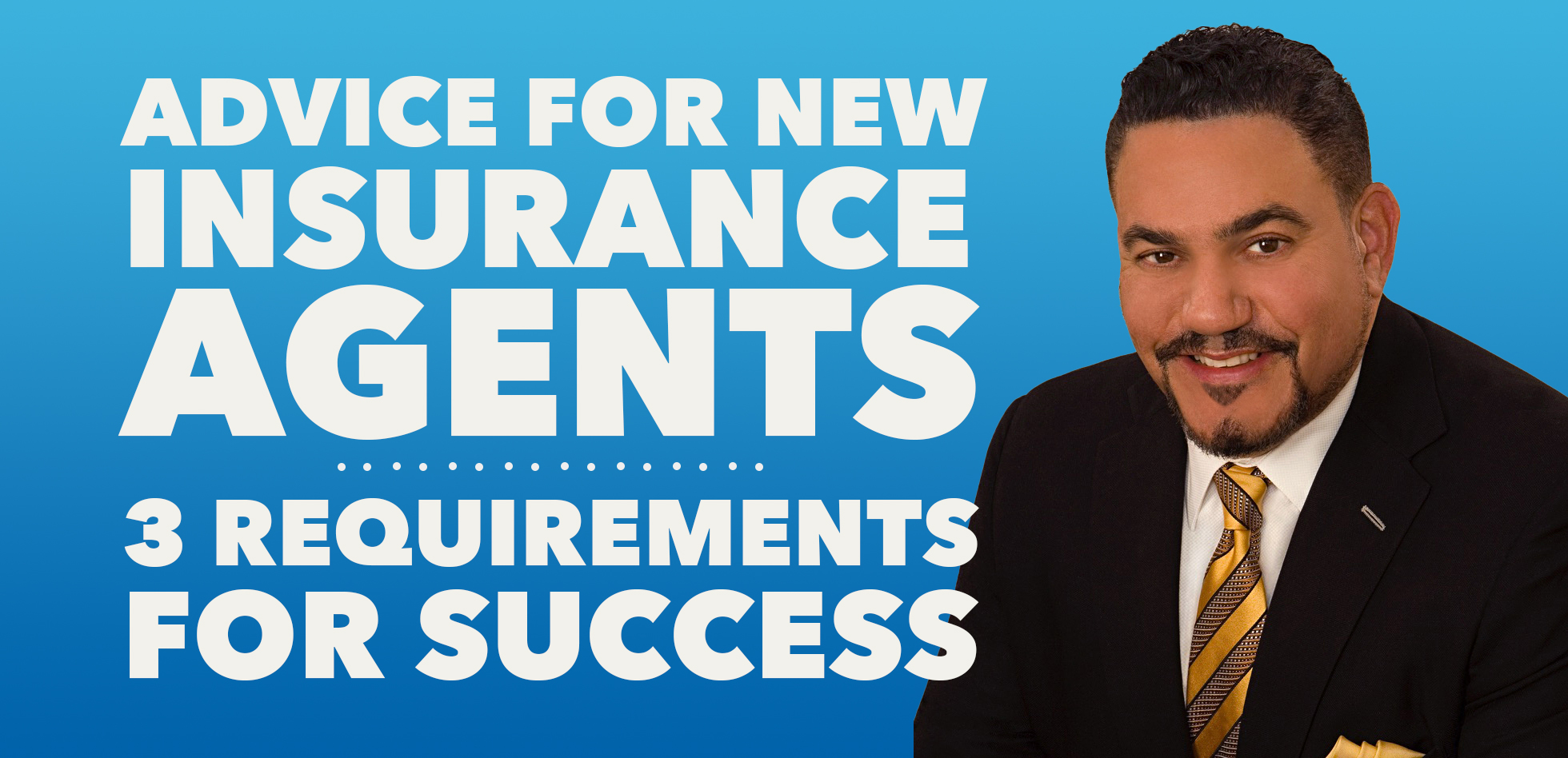Training for Real Estate Agents
Mark Pattison Shares His Custom-Made Curriculum
Who should listen: Brokers who want to build teams and train their agents to become superproducers.
Key idea: You can’t scale if you don’t have the right systems in place.
Action item: Implement Mark’s C-TEST for your follow-up.
When you watch this week’s Stay Paid episode, it’s pretty easy to tell that Mark Pattison is a very busy guy.
First, he’s in a car on his way to the airport when he gives his interview.
Then we learn he’s grown his team of agents from 15 to 76 agents in one year.
On top of that, he’s traveled to 72 countries, and—fun fact—he worked for Elton John in South America for a short while before he became a real estate agent.
He doesn’t tell us how he got his gig with Elton, but he does reveal how he’s managed to train so many agents in such a short time.
A real estate agent training course that starts where REALTOR® license classes stop
Whether you’re an agent or someone who listens to Stay Paid with some regularity, you know that guests have commented that licensing courses teach new agents very little about navigating and executing the day-to-day activities of being a real estate agent.
It’s why many brokers who hire new agents spend so much valuable time bringing them up to speed rather than sending them out to earn commissions.
Mark knew that if he was going to scale his business the way he wanted to, he’d have to find a better way to get his agents prepared and into the field faster. So he created PorchLight University*, a highly successful, post-license training program named for his realty business, PorchLight Realty, in San Diego.
PorchLight University is successful, in large part, because it’s been systematized to run at maximum efficiency. Every class of agents who comes to Mark is sent through the same program, and he’s getting outrageously productive results. Since January, his top five agents have closed 31, 29, 27, 27, and 21 deals, respectively.
The curriculum
The curriculum Mark has developed is not easy. Fortunately, the agents he hires tend to come from internal referrals and the highly motivated agents already working for him. As Mark notes, like tends to recommend like, and any agent who isn’t fully motivated will fire themselves.
Mark shares more details about his training program during his interview than we review here, but, even at a high level, you’ll appreciate how rigorous a program PorchLight University is. During an agent’s first 30 days on the job, they:
- attend a two-hour meeting each week,
- complete 180 online learning modules (that’s six modules each day),
- take an in-person exam that tests them on the topics they need to know to do the job of an agent,
- write five sample contracts,
- conduct four buyer consultations, and
- make 2,000 calls (new agents start calling on day two).
After their first month, agents who make it are paired with mentors, who help them through their first five deals. After their fifth deal, Mark does something cool—he’s borrowed an idea from the popular television show The Voice and has created a system through which new agents essentially get to pick their coaches.
It’s worth listening to the episode just to hear him explain this one aspect of his program.
Follow up in 5 steps
Mark goes on to talk about how his new agents begin to prospect using old online leads, and about their success in helping military families find homes. He offers his opinion on buying leads and the importance of finding free lead sources. And he explains how leads are managed once a new agent hits the one-year mark.
At one point during his interview, Mark shares the follow-up strategy that all his agents use. It requires them to go through a five-step process Mark calls C-TEST:
- Call
- Text
- Search
- Task
What’s most valuable about this part of the episode is Mark’s description of the conversations his agents have at each stage in the process.
For example, they don’t talk about the specific house about which a lead may have expressed some interest. Instead, they talk about the neighborhood, the schools, and the surrounding area.
They also don’t talk about money—nothing about the price, mortgages, or prequalification. Believing too many agents try to overqualify leads on the phone, Mark’s agents reserve conversations about money and related issues for face-to-face meetings.
As mentioned above, there are many details discussed in Mark’s interview that haven’t been reviewed here. Mark’s advice is to grab a pen and some paper, and listen carefully to the episode. And, if you have questions about what you hear, you can contact Mark on Instagram. His contact information is below.
*Not to be confused with the eLearning series developed by the Pacific Autism Center for Education (PACE) that bears the same name.
Connect | Resources
Connect with Mark on Instagram: @MarkSellsSanDiego



















 Soundcloud
Soundcloud iHeart Radio
iHeart Radio Spotify
Spotify Spotify
Spotify


